
Why Your Hands Go Numb While You Sleep

That strange tingling, prickling, or numbness in your hands while you're asleep — often described as "pins and needles" — is something nearly everyone experiences at some point. While it's usually harmless and temporary, frequent or persistent numbness during the night could be a sign of something more serious going on beneath the surface.
Understanding the cause can help you take the right steps to find relief and protect your long-term nerve health.
What Is Paresthesia?
The medical term for this sensation is paresthesia — an abnormal feeling like tingling, burning, crawling, or numbness in the skin. It typically results from nerve compression or irritation and can affect any part of the body, but the hands and feet are most commonly involved.
-
Temporary paresthesia often happens when you sit or sleep in a position that puts pressure on a nerve — for example, lying on your arm.
-
Chronic paresthesia, on the other hand, can signal a deeper issue that affects nerve function or blood flow.
If your hands regularly go numb while sleeping, it’s worth investigating why.
10 Possible Reasons Your Hands Go Numb at Night
1. Carpal Tunnel Syndrome (CTS)
One of the most common causes of nighttime numbness, carpal tunnel syndrome occurs when the median nerve — which runs through your wrist — becomes compressed.
Symptoms:
-
Numbness or tingling in the thumb, index, and middle fingers
-
Hand weakness or clumsiness
-
Symptoms may worsen at night or upon waking
Who’s at risk? People who type, text, or do repetitive hand movements (sewing, driving, etc.).
Tip: Wear a wrist brace while sleeping to keep the wrist in a neutral position and reduce pressure on the nerve.
2. Ulnar Nerve Compression
If the numbness is in your ring and pinky fingers, it may be due to ulnar nerve compression, often at the elbow (also called “cubital tunnel syndrome”).
Common triggers:
-
Sleeping with elbows bent
-
Resting your head on your arm or tucking it under the pillow
Tip: Try to sleep with your arms straight and supported by a body pillow or use an elbow wrap for stability.
3. Vitamin B12 Deficiency
Vitamin B12 is crucial for healthy nerve function. When levels are low, nerves can become damaged, leading to numbness, tingling, or even nerve pain.
At-risk groups:
-
Vegetarians and vegans
-
Older adults
-
People with absorption issues (e.g., those with GI disorders)
Other symptoms:
-
Fatigue, memory lapses, mood changes
-
Muscle weakness or poor coordination
Fix: Add B12-rich foods (meat, eggs, dairy) or consider supplements under a doctor’s guidance.
4. Diabetic Neuropathy
In people with diabetes or prediabetes, high blood sugar can slowly damage the peripheral nerves, leading to numbness and tingling — especially at night when circulation slows down.
Signs to watch for:
-
Tingling in both hands or both feet
-
Burning or “electric shock” sensations
-
Worsening at rest or during sleep
Management tips:
-
Keep blood sugar levels in check
-
Stay active and eat a balanced diet
-
Ask your doctor about nerve-supportive supplements like alpha-lipoic acid
5. Cervical Disc Problems (Neck Issues)
A herniated disc or degenerative disc disease in the cervical spine (neck) can pinch nerves that travel down to your arms and hands.
Symptoms may include:
-
Neck pain or stiffness
-
Tingling or weakness in the shoulder, arm, or hand
-
Numbness that doesn't improve with hand movement
Solution: See a spine or orthopedic specialist. Imaging like an MRI may be needed to confirm the cause.
6. Poor Sleep Position
This is one of the most common and benign causes of nighttime hand numbness.
Common habits that cause it:
-
Sleeping on your stomach with arms under your body or head
-
Curling your arms too tightly
Prevention:
-
Sleep on your back with arms at your sides
-
Use supportive pillows to align the neck and shoulders
-
Avoid putting weight or pressure on your arms
7. Multiple Sclerosis (MS)
Multiple sclerosis is a chronic neurological condition where the immune system damages the protective covering of nerves. Paresthesia, including numb hands, is often an early symptom.
Other signs to look for:
-
Fatigue, vision changes, muscle spasms
-
Poor coordination or balance
-
Numbness or weakness on one side of the body
If numbness is persistent or accompanied by other neurological signs, don’t wait — see a neurologist for evaluation.
8. Dehydration
Not drinking enough water can throw off your body’s electrolyte balance, affecting how nerves and muscles function.
What happens:
-
Dehydrated tissues become irritated
-
Electrolyte imbalances affect nerve signaling
At-risk people: Those who drink a lot of caffeine or alcohol, or sweat heavily during exercise or hot weather.
Fix: Aim for 8–10 cups of water daily, and more if you're active.
9. Pregnancy
During pregnancy, especially in the third trimester, fluid retention and hormonal changes can increase pressure on nerves — most commonly the median nerve, leading to carpal tunnel symptoms.
Tips for relief:
-
Elevate your arms while sleeping
-
Use wrist splints
-
Avoid salty foods to minimize swelling
Important: If numbness is paired with swelling, high blood pressure, or headaches, call your healthcare provider — it could signal preeclampsia, a serious pregnancy complication.
10. Autoimmune or Neurological Conditions
Conditions like lupus, rheumatoid arthritis, Guillain-Barré syndrome, and peripheral neuropathy can cause inflammation or damage to nerves.
Watch for:
-
Persistent fatigue or joint pain
-
Muscle weakness
-
Tingling in other parts of the body
Early diagnosis is key, so bring up any unusual or widespread symptoms with your doctor.
How to Prevent Hand Numbness While Sleeping
Simple changes can often reduce or eliminate nighttime numbness:
✅ Sleep on your back with arms comfortably at your sides
✅ Use an ergonomic pillow to align your neck and spine
✅ Avoid putting your arms under your pillow or body
✅ Do gentle wrist and shoulder stretches before bed
✅ Stay hydrated throughout the day
✅ Eat a balanced diet rich in B vitamins and magnesium
✅ Take breaks during repetitive hand tasks (typing, gaming, crafting)
When to See a Doctor
Occasional numbness is usually harmless, especially if it goes away quickly. But seek medical attention if:
-
It happens every night
-
It wakes you up or disrupts sleep consistently
-
It’s accompanied by pain, weakness, or swelling
-
It doesn’t improve with better posture or positioning
-
You notice other neurological symptoms, such as:
-
Difficulty walking
-
Vision problems
-
Loss of coordination or speech issues
-
⚠️ If you’re pregnant and experiencing numbness alongside swelling, high blood pressure, or headaches, seek immediate medical advice — it could be a sign of preeclampsia.
The Bottom Line
Waking up with numb hands isn’t always cause for alarm — but it’s not something to ignore if it keeps happening. Your body is trying to tell you something, whether it’s as simple as changing your sleep position or addressing an underlying medical issue.
Small changes like improving your posture, staying hydrated, or wearing a wrist brace can go a long way. But if the numbness persists, don’t self-diagnose — see a healthcare provider for a proper evaluation.
You use your hands every day — they deserve to feel good every night.
News in the same category


The Hidden Warning Signs of Iron Deficiency—and How to Fix It

Beat a Sinus Infection Fast with These Natural Remedies

What Happens To Your Blood Pressure When You Eat Bananas
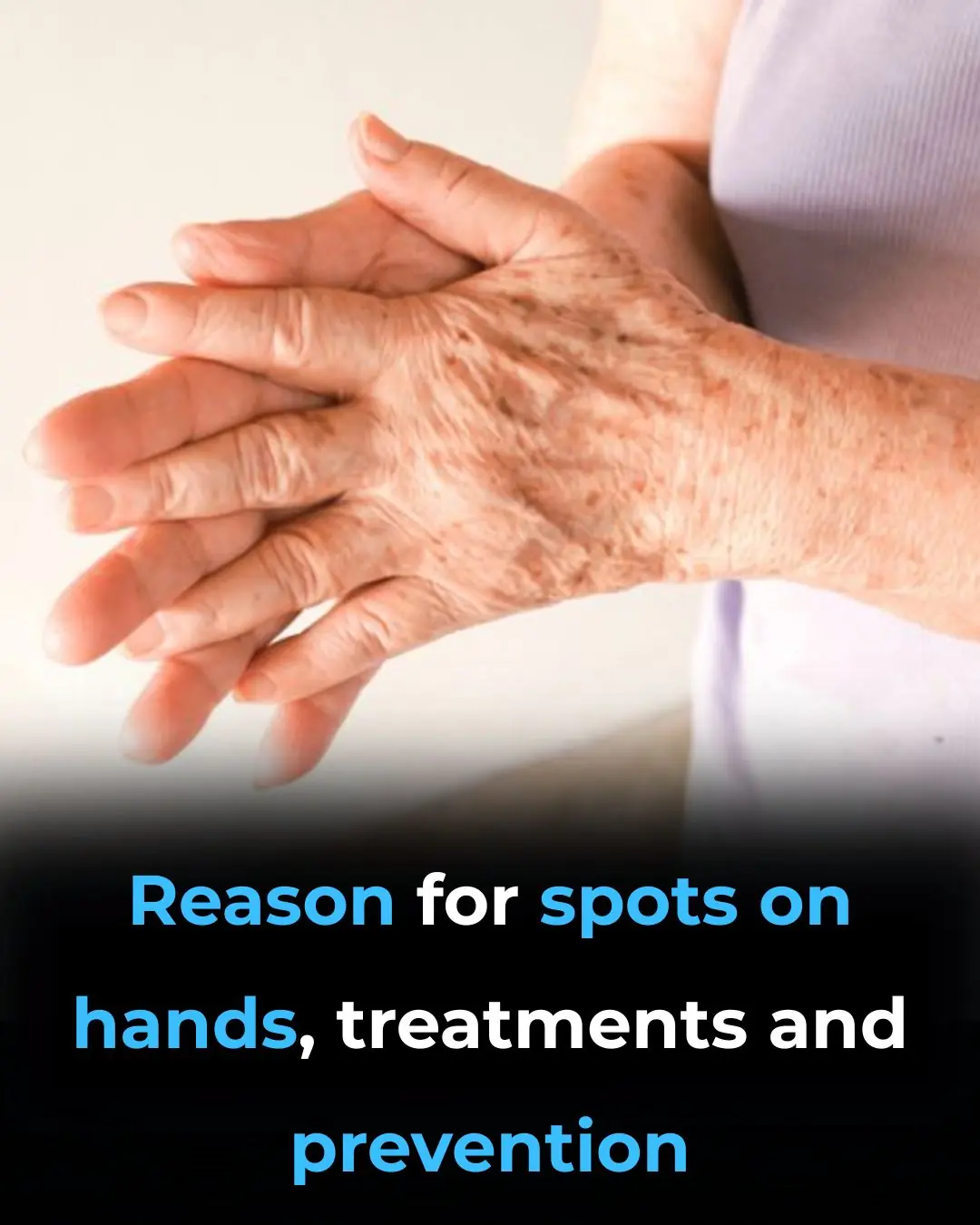
Reason For Spots On Hands

Here Is What Your Poop Says About Your Health

3 powerful vegetables everyone overlooks (but shouldn’t!)
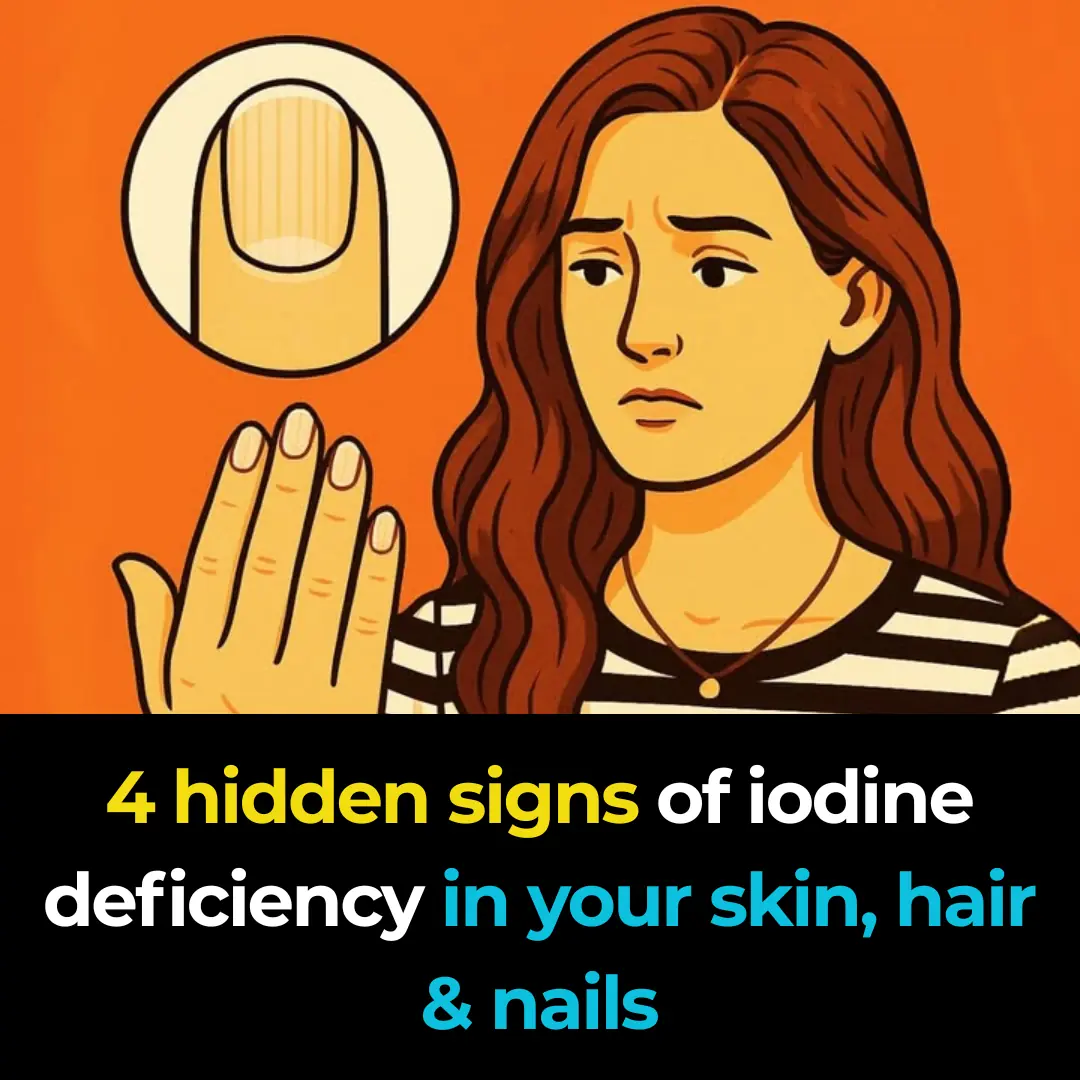
4 hidden signs of iodine deficiency in your skin, hair & nails
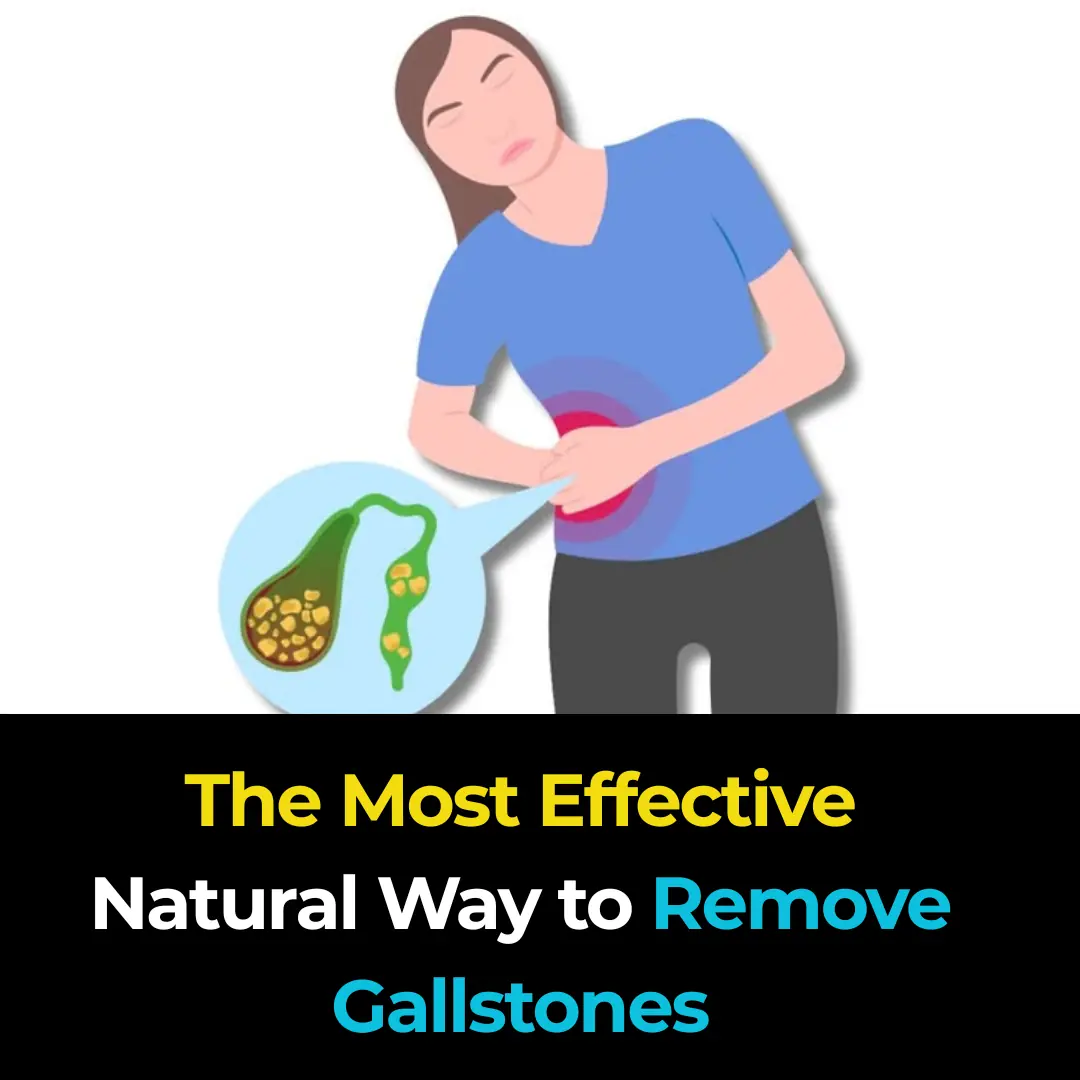
The Most Effective Natural Way to Remove Gallstones

Causes of Early Graying You Never Suspected
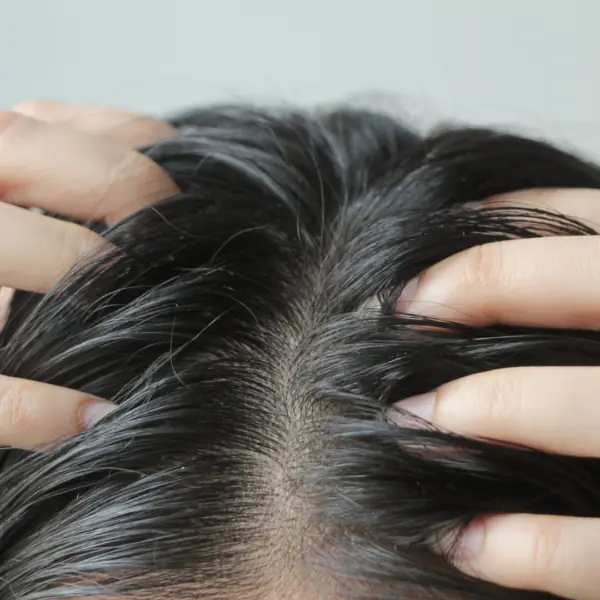
That Persistent Scalp Itch

That Random Stabbing Pain in Your Chest Has Finally Been Explained

The Dirty Secret About Toilet Paper on Public Seats
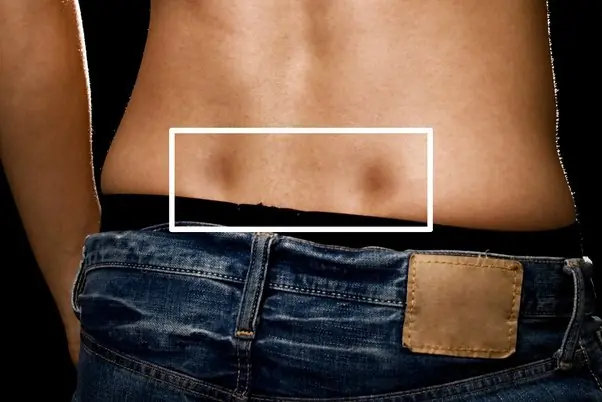
If You Have These Two "Dimples" on Your Lower Back, Here's What They Mean

4 Red Flags Your Brain Might Be in Trouble as Experts Warn Alzheimer’s Can Start Decades Before Symptoms Appear

A Scientific Look at Oregano’s Role in Supporting Wellness

Cloves: 10 Health Benefits of Eating 2 Daily

Chicken Gizzards: 3 Surprising Benefits You Might Be Missing

80% of Heart Attacks Could Be Avoided If Everyone Did These 5 Easy Things
News Post

The desiccant bag you often throw away has 6 "miraculous" uses.

Treat premature gray hair with this cheap black hair dye recipe using star fruit and potatoes!
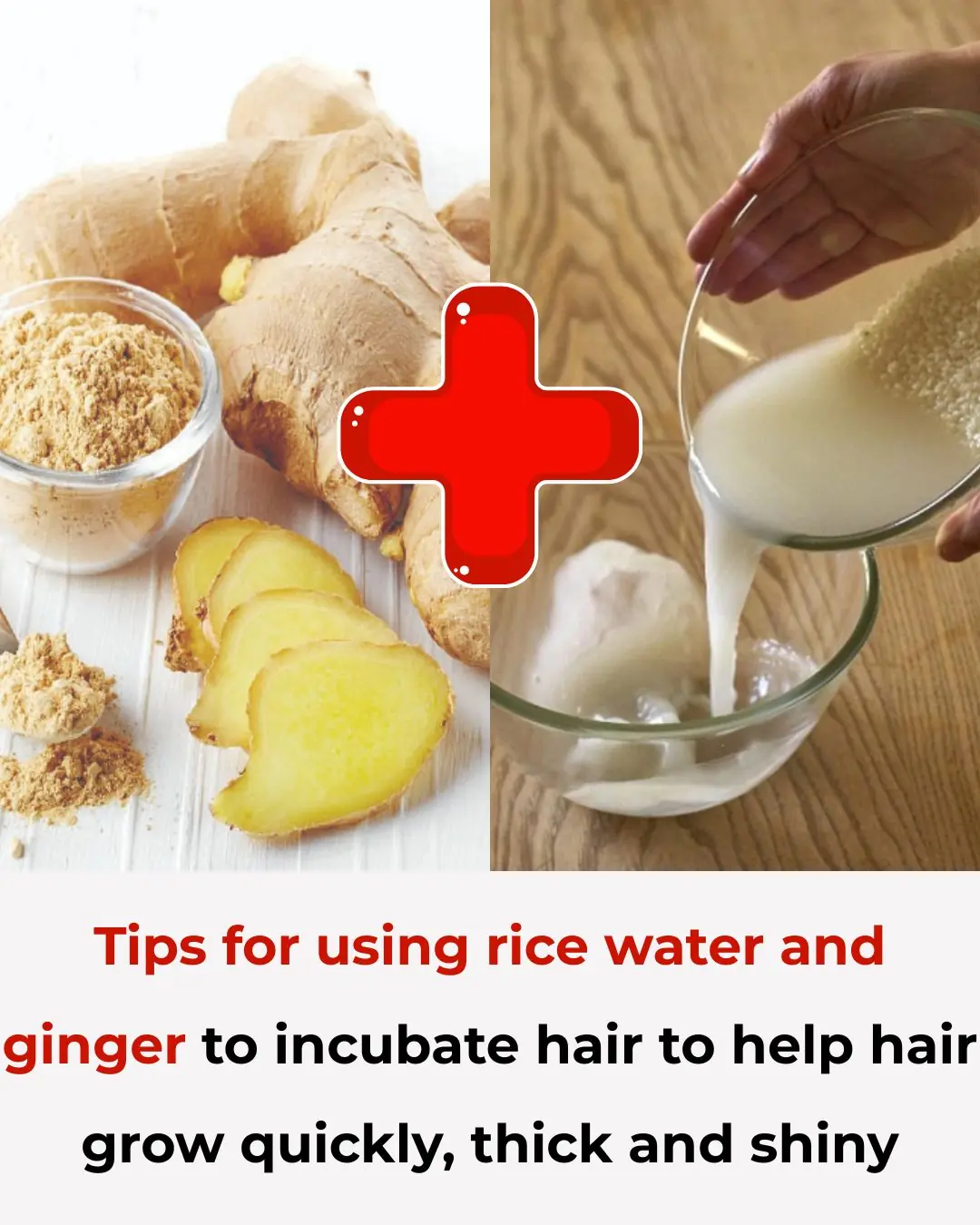
Tips for using rice water and ginger to incubate hair to help hair grow quickly, thick and shiny

Research Shows Chocolate Milk is More Effective Than Energy Drinks
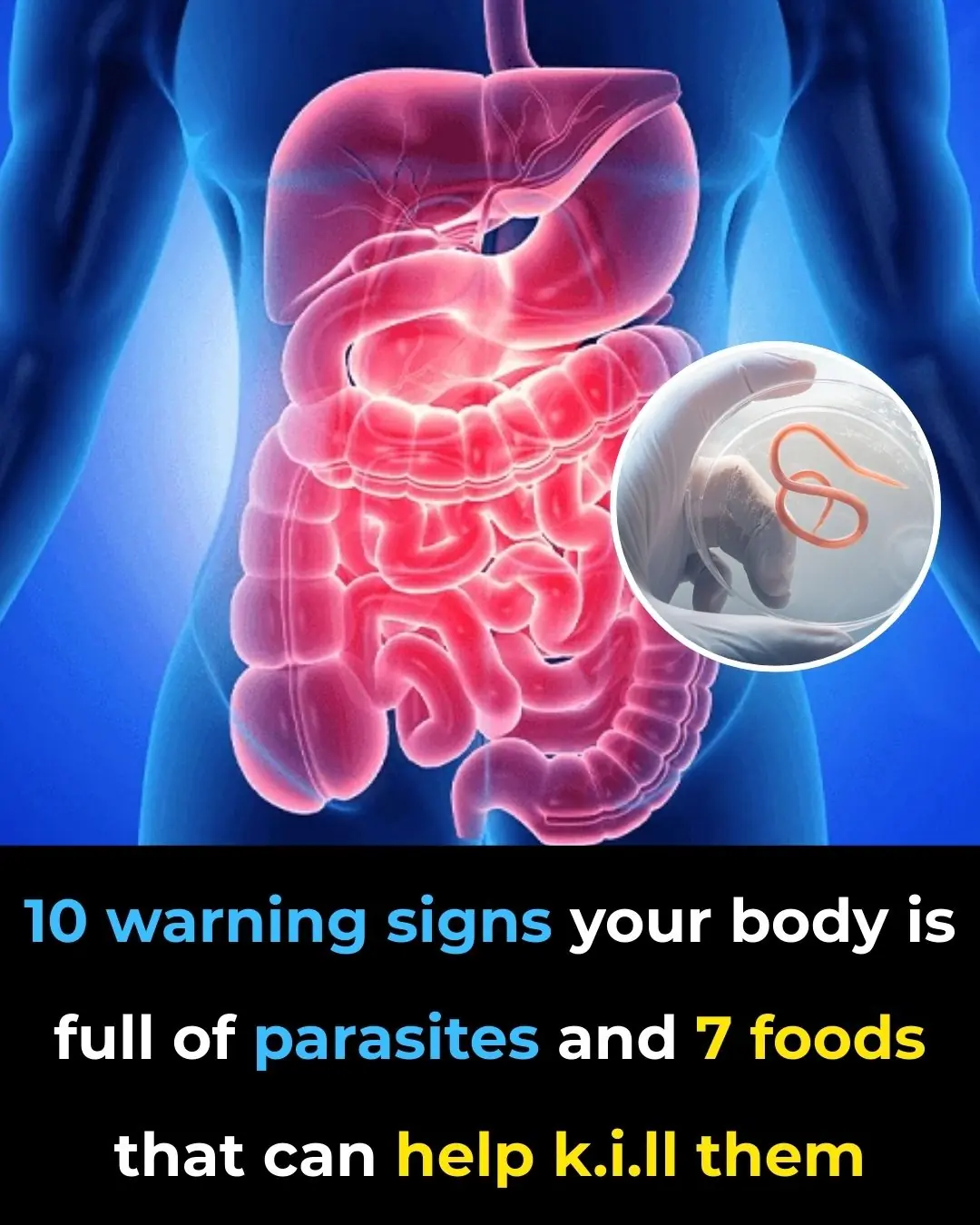
10 Warning Signs Your Body Is Full Of Parasites And 7 Foods That Can Help Kill Them

How to Kill the Bacteria Causing Heartburn and Bloating

The Hidden Warning Signs of Iron Deficiency—and How to Fix It

Beat a Sinus Infection Fast with These Natural Remedies

Golden tips for choosing ham: Identify borax with a simple, absolutely safe method

What are the benefits of aloe vera? 11 benefits of aloe vera for health and skin

Smart Travelers Always Photograph Their Luggage Before Checking It In — Here’s Why

The Last Part of the Pig But One of the Most Beneficial
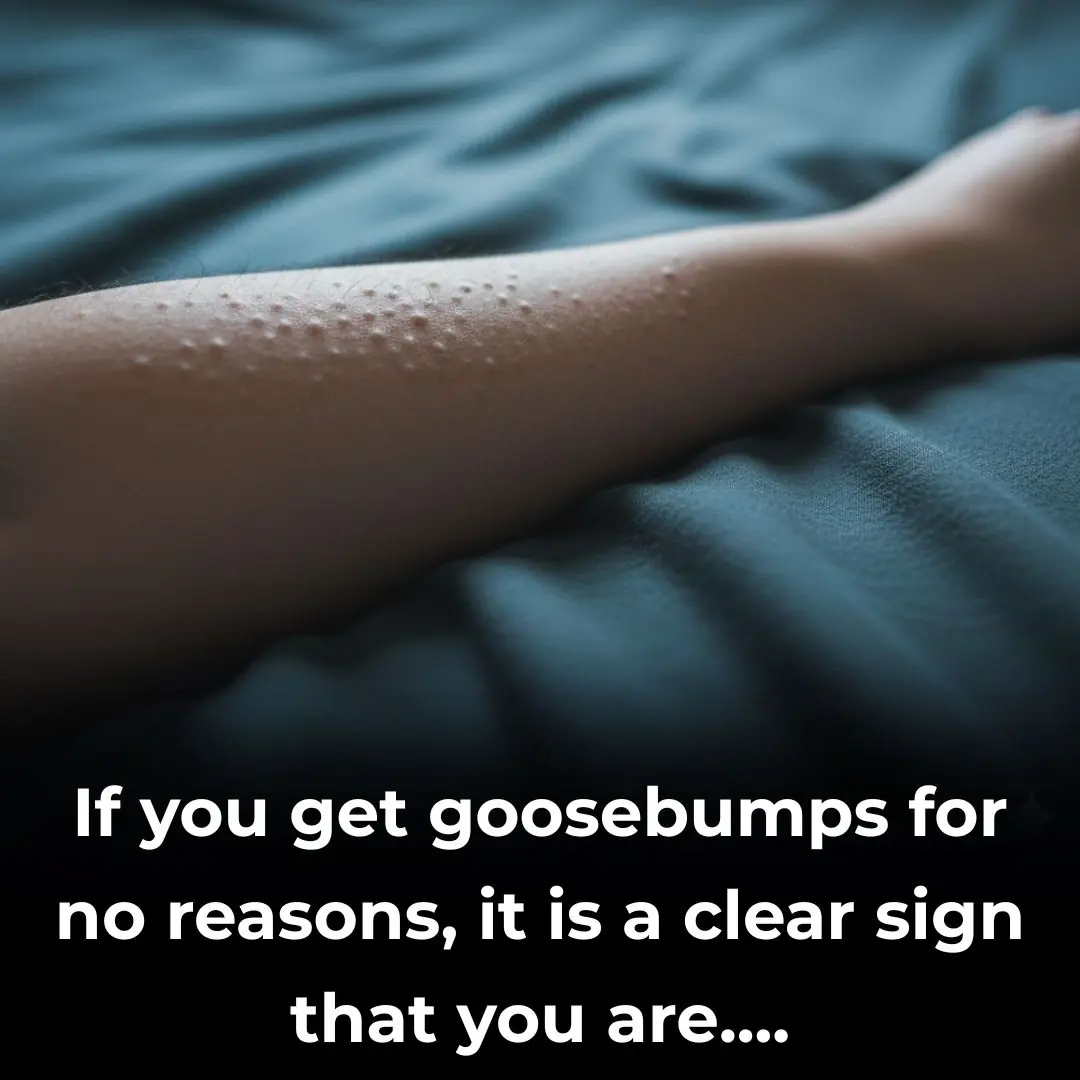
When Goosebumps May Be a Warning Sign

❗Avoid Cloves If You Have These Health Issues – What Doctors Rarely Warn You About
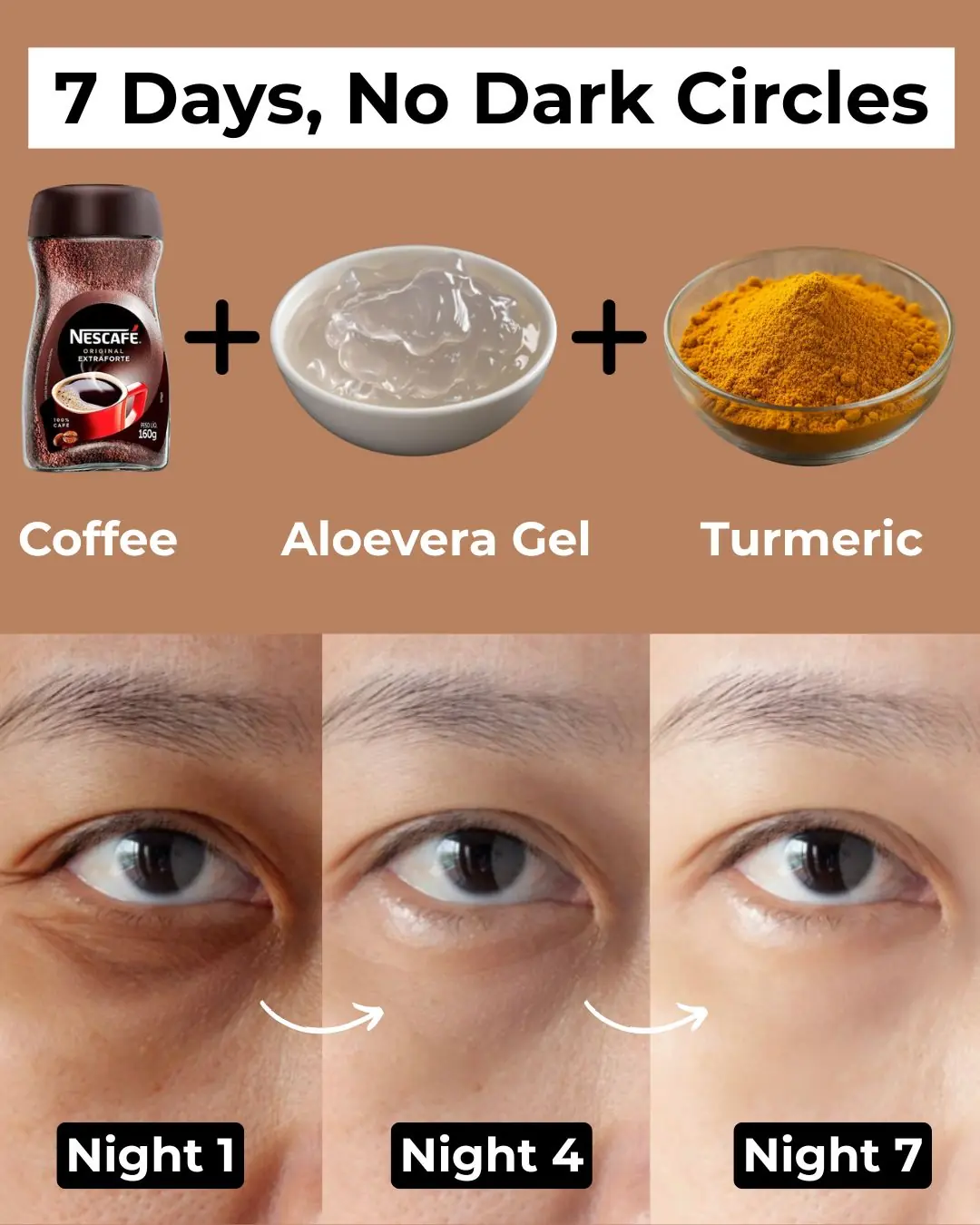
6 Coffee Eye Masks to Get Rid of Dark Circles | Under Eye Wrinkles | Eye bags & Puffy Eyes

What Happens To Your Blood Pressure When You Eat Bananas

Reason For Spots On Hands

Easy Clove Growing: Seed to Spice
